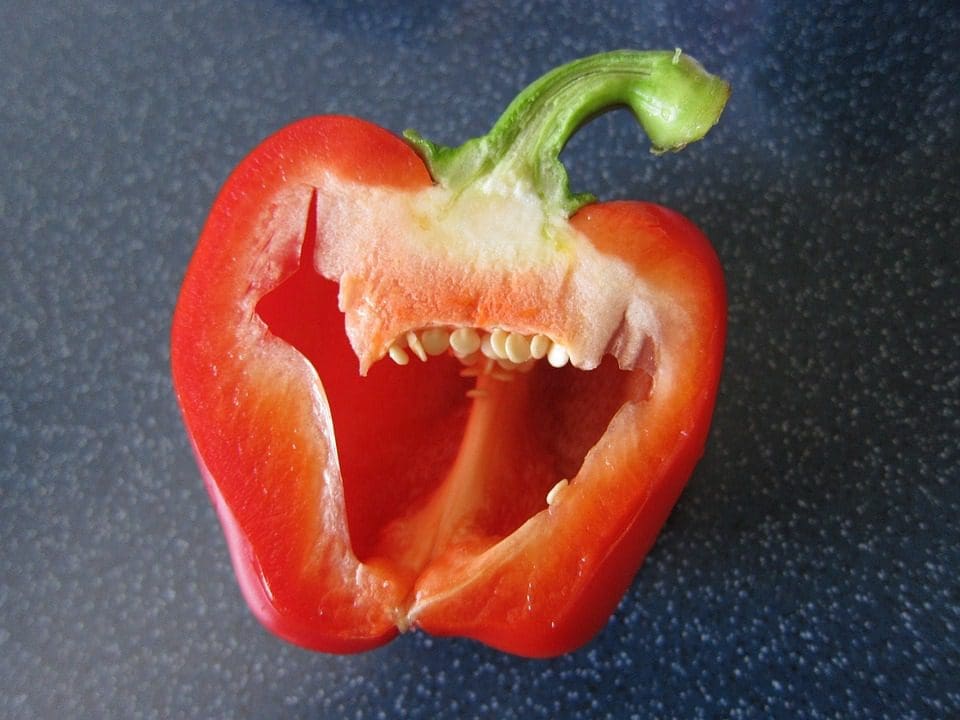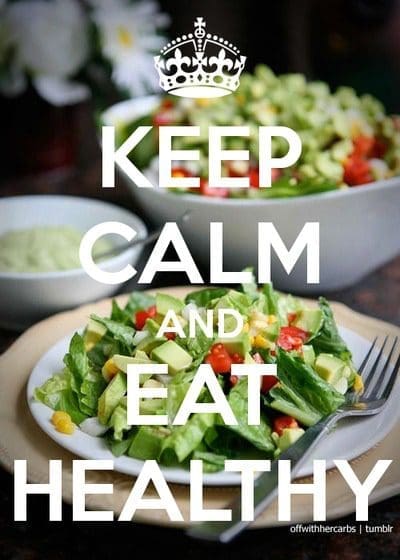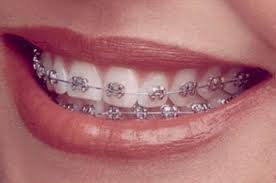
What you eat affects your mouth not only by building healthier teeth and gums but also by helping prevent tooth decay and gum disease. Learn how to eat the best diet for your teeth, including the foods to eat, beverages to drink, and what to avoid.
Teeth and Calcium
Mom said it when you were in grade school, and she was right on this one: Drinking milk builds strong bones and teeth. Calcium is vital in childhood and through your teens when teeth are formed, but the value of this nutrient doesn’t stop once you get your wisdom teeth. When a diet is low in calcium, the body leeches the mineral from teeth and bones, which can increase your risk of tooth decay.
The jawbone is particularly susceptible to the effects of low calcium. It can weaken because of low calcium intake, which in turn causes teeth to loosen, leaving you at greater risk for gum disease.
Calcium is found in dairy foods like milk, cheese, and yoghurt; in fish, and in some vegetables, including kale and broccoli.
Eating 2-4 servings of dairy per day will help you meet the regular needs for calcium – click reference.
 Teeth and Vitamin C
Teeth and Vitamin C
The body needs vitamin C to repair connective tissue and help the body fight off infection. Those who eat less than the recommended 75-90 mg per day are 25% more likely to have gingivitis than those who eat 3 times the recommended daily allowance. Gingivitis is the mildest form of periodontal diseases, and it causes the gums to become red from inflammation, swelling and bleeding.
Eating one piece of citrus fruit (oranges, grapefruits, tangerines) or a kiwi daily will help you meet the regular needs for vitamin C.
Teeth and Fruits and Vegetables
Crunchy fruit and veggies — like apples, pears, celery, and carrots — are excellent for your teeth in two ways. The crisp texture acts as a detergent on teeth, wiping away bacteria that can cause plaque. Plus these foods require a lot of chewing, which increases the production of bacteria-neutralizing saliva.
Teeth and Water
Drinking plenty of water benefits teeth as it helps rinse away both bacteria and the remnants of food that bacteria turns into plaque. Tap water is better for teeth than bottled because it contains fluoride, which prevents tooth decay.
Foods to Avoid
 Sugary snacks, especially gummy candies and hard candies that stick in your teeth, are at the top of every dentist’s list of foods to avoid. Regular soda provides a double hit to teeth, combining sugar with acids.
Sugary snacks, especially gummy candies and hard candies that stick in your teeth, are at the top of every dentist’s list of foods to avoid. Regular soda provides a double hit to teeth, combining sugar with acids.
Even foods and drinks that are good for your teeth, like milk, contain sugars. No matter what you eat, it’s important to brush and floss afterwards — or at least to rinse your mouth with water. Brush twice a day and remember to visit a dentist at least twice a year for check-ups.

 Teeth and Vitamin C
Teeth and Vitamin C



Be the first to comment